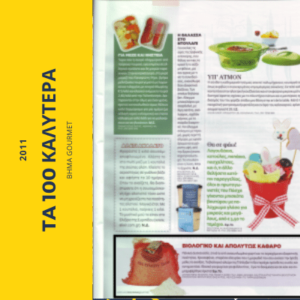
There is a lot of talk about organic food. Let us see some issues that bother the consumer. Find out why organic food is best for you… and the environment. See below
1. Is organic food healthier;
2. Insecticides are not so harmful
3. Organic food is expensive
4. Food termed 'natural', 'free range', 'local' is equally good as organic food
5. Organic farming cannot feed the world
6. Organic fast does not taste better
7. Organic food is not environmentally friendly
8. Organic is just a marketing ploy
- Is organic food healthier;
Research shows that organic food is more nutritious that conventional food, other studies support the opposite. But that's only really what matters? What happens with toxic insecticide content? For a start what are insecticides? Insecticides are poisons used to kill insects, larger animals, weeds, etc. So the question should be modified and one should ask whether he prefers to include poisons in his diet or not.
Many insecticides are absorbed by our body in such a way that even after digestion of food they remain in our body and their content in it increases over time.. Especially organochlorides (organochlorine pesticides). For example DDT that everybody considered safe, its use was forbidden in 1972 because it was considered dangerous. Yet it is such a powerful poison that it is still detected even today, even in people who were born after its banning! Insecticides are associated with many human health issues. As they are generally consumed raw, such insecticides are still traced in nature, water, soil, causing environmental pollution in addition to the fact that they are also dangerous to plants, trees, animals.
The claim that organic food is expensive, stood alone is generally right. Yet how many people consider the 'hidden' costs of conventional food, for example the costs to health and the environment resulting from the use of insecticides? Still, there are ways to get organic food on our table at no extra cost (see the relevant article in the next post).
This does not necessarily mean that one can feel that he is reducing the cost of one's diet while at the same time eating 'correctly' when choosing other 'labels' such as 'free range', 'natural', 'local'. These labels often mean nothing!. Organic food that bears the relevant logo on the label must be produced on the basis of strict regulations. The other claims mentioned above are not subject to the same rules or are subject to rules only at the discretion of their producer.! So we should ALWAYS look for the special sign that organic products have on their label. This is what inspires trust on the way the food is produced.
A classic question is that organic food can not feed the world and is only intended for an 'elite' because of the time required to produce them and the purchasing cost. But long-term studies (at Iowa State University; Rodale Institute’s The Farming Systems Trial) suggest that organic farming can achieve yields comparable to those of conventional farming, while improving soil quality over time and benefiting the environment.
As they are generally consumed raw, consider wasting food when it is not appealing-looking or when we shop more than we think we will consume. Moreover, have we considered that a nutritious product can bring satiety and satisfy our hunger in a smaller amount?
Many argue that organic foods do NOT taste better than conventional ones. This can be subjective, related to someone's preferences and also, it may indeed apply to foods that travel days to reach the consumer, for example fruits and vegetables that travel long distances , originating from exotic places.
Organic foods are generally environmentally friendly as their production must follow certain environmental rules..
Organic food production is based on specific, strict standards that aim to ensure food safety, sustainability and biodiversity. There is not whatsoever any ploy that attempts to deceive the consumer to spend more money.














